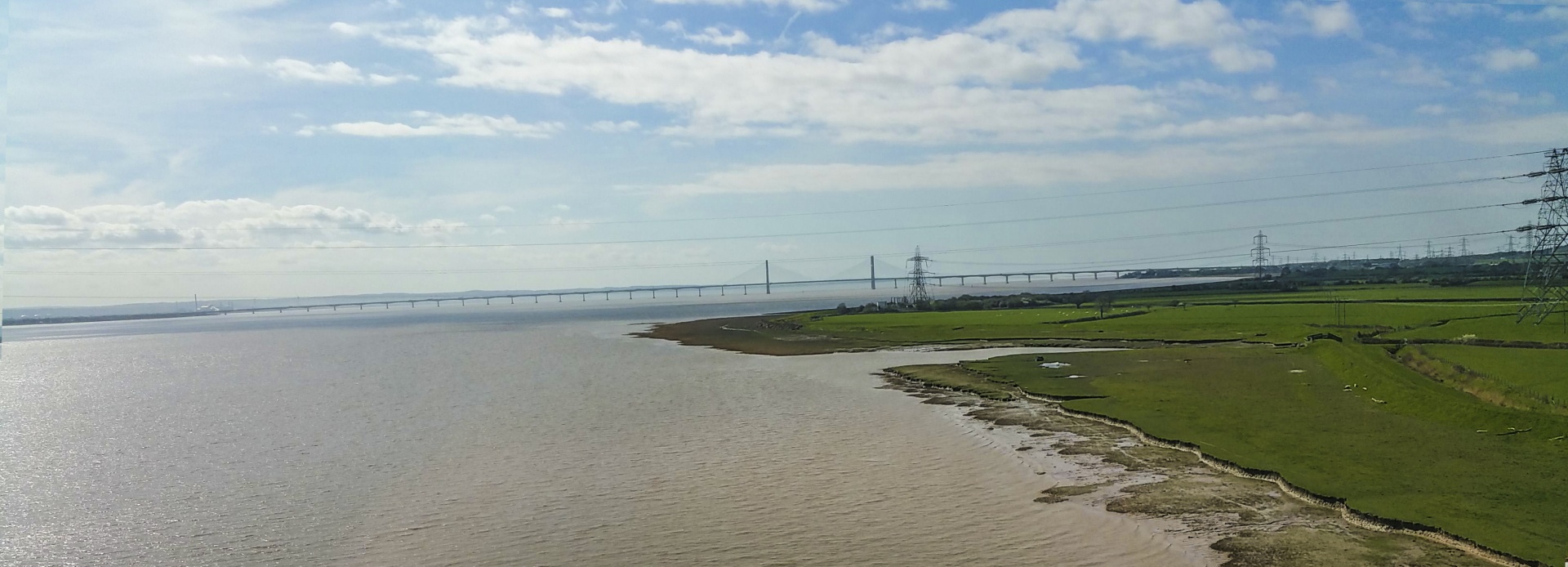The Corona Virus
I am writing these words during the unprecedented times of the Corona virus. Currently, we are living through a worldwide pandemic known as Covid19. Here in Britain – and elsewhere – we are under ‘lock down’ to prevent the virus spreading. This apart, every day the news reports a sad death toll. Many have lost their jobs as well as their loved ones. Normal life seems to be on hold, with the closure of non-essential shops, places of entertainment, restaurants and even churches. Thankfully, I still have a job, as technically I am a ‘key worker.’ Work though has introduced ‘social distancing’, as have the supermarkets. They have supplied us with hand sanitizer, and everywhere there are notices stressing the importance of hand washing. On a happier note, the country seems to be united in battle against the virus. On a Thursday night at 2000 hrs, we all go outside and give our beleaguered NHS workers – and other key workers – a well deserved and supportive round of applause. But do the Scriptures shed any light on the current Corona virus? Of course they do.
The Providence of God
Scripture teaches that behind every event, ultimately there lies the will of God. God is working His eternal purposes out. ‘For from Him and through Him and to Him are all things. To Him be glory for ever. Amen’ (Romans 11:36). The events of this life then are not accidental but providential – ordained and foreordained by Almighty God. ‘God’s works of providence are His most holy, wise and powerful preserving and governing all His creatures and all their actions’ (Shorter Catechism). Almighty God is thus is control of the farthest planet, and Almighty God is thus in control of the minutest microbe. He is God. He is beholden to no one. He knows what He is doing and why He is doing it. It would appear that He is currently thwarting some of the modern day idols – sporting events have been cancelled; social gatherings of all kinds have been prohibited and the economy has taken a downturn. It would also appear that with so many events totally beyond our control, He is reminding us that we are not in charge, but that He is the One at the helm of the universe. The Corona Virus knocks away our earthly props and teaches us just how dependent we are on God. Whatever the circumstances, the Christian is called to trust God through thick and thin. ‘Shall not the Judge of all the earth do right?’ (Genesis 18:25). He is under no obligation to explain His ways to us. ‘How unsearchable are His judgments and how inscrutable His ways!’ (Romans 11:33). William Cowper wrote:-
God moves in a mysterious way
His wonders to perform
He plants His footsteps on the sea
And rides upon the storm
Deep in unfathomable mines
Of never failing skill
He treasures up His bright designs
And works His sovereign will
His purposes will ripen fast
Unfolding every hour
The bud may have a bitter taste
But sweet will be the flower.
Have faith in God
For the Christian, a time of crisis is an opportunity to trust in God and grow in faith. God has not vacated His throne! ‘The LORD has established His throne in the heavens, and His kingdom rules over all’ (Psalm 103:19). Testing times are to be trusting times, and the God of the Bible is infinitely worthy of your trust. The Bible often descries God as a ‘Rock.’ In Him we may find stability in unstable times. Isaiah 26:3,4 ‘Thou dost keep him imperfect peace whose mind is stayed on Thee, because He trusts in Thee. Trust in the LORD for ever, for the LORD GOD is an everlasting rock.’
Be sensible
The Bible never encourages us to be presumptuous or reckless, but sane and sober minded. God uses means. He uses secondary causes. Thus we pray for daily bread – but also work so we can buy bread. We pray that God would protect us – but we also lock our doors. We pray for our unsaved friends – but also hand them a Gospel tract and even invite them to church. The Corona Virus reveals our fragility and vulnerability. It casts us on God. But this does not mean that we should not obey the government’s guidelines, so: observe your social distance; stay at home in isolation of you have the symptoms; be very careful about hygiene; seek medical advice is you are really smitten by the virus and have difficulty breathing.
Banish your fears with faith
While it is right and compassionate to be concerned about the present pandemic, fear is not compatible with faith. It is incompatible with knowing God as Father, Christ as Saviour and the indwelling comfort of God’s Holy Spirit. Isaiah 12:2 exclaims ‘Behold, God is my salvation; I will trust and not be afraid; for the LORD GOD is my strength and my song, and He has become my salvation.’
Fear is as needless as it is pointless and sinful. Why? Because our times are safely in God’s hands. Scripture reveals the He, in His providence, has foreordained both the day of our birth and the day of our death, and we will not die prematurely and we will also not breathe for a moment longer than God has foreordained. ‘In Thy book were written, ever one of them, the days that were formed for me, when as yet there were none of them’ (Psalm 139:16).
So take heart. God is in control. Your days are in His care. You are immortal until He sees fit to call you home, whether by old age, illness, accident so-called, or even by the Corona Virus. God knows best!
Sovereign Ruler of the skies
Ever gracious, ever wise
All my times are in Thy hand
All events at Thy command
He that formed me in the womb
He shall guide me to the tomb
All my times shall ever be
Ordered by His wise decree
Plagues and deaths around me fly
Till He bids I cannot die
Not a single shaft can hit
Till the love of God sees fit.
Copyright, Timothy J Cross, 2020












